Aden and Mukalla: Yemen’s Seaside Havens
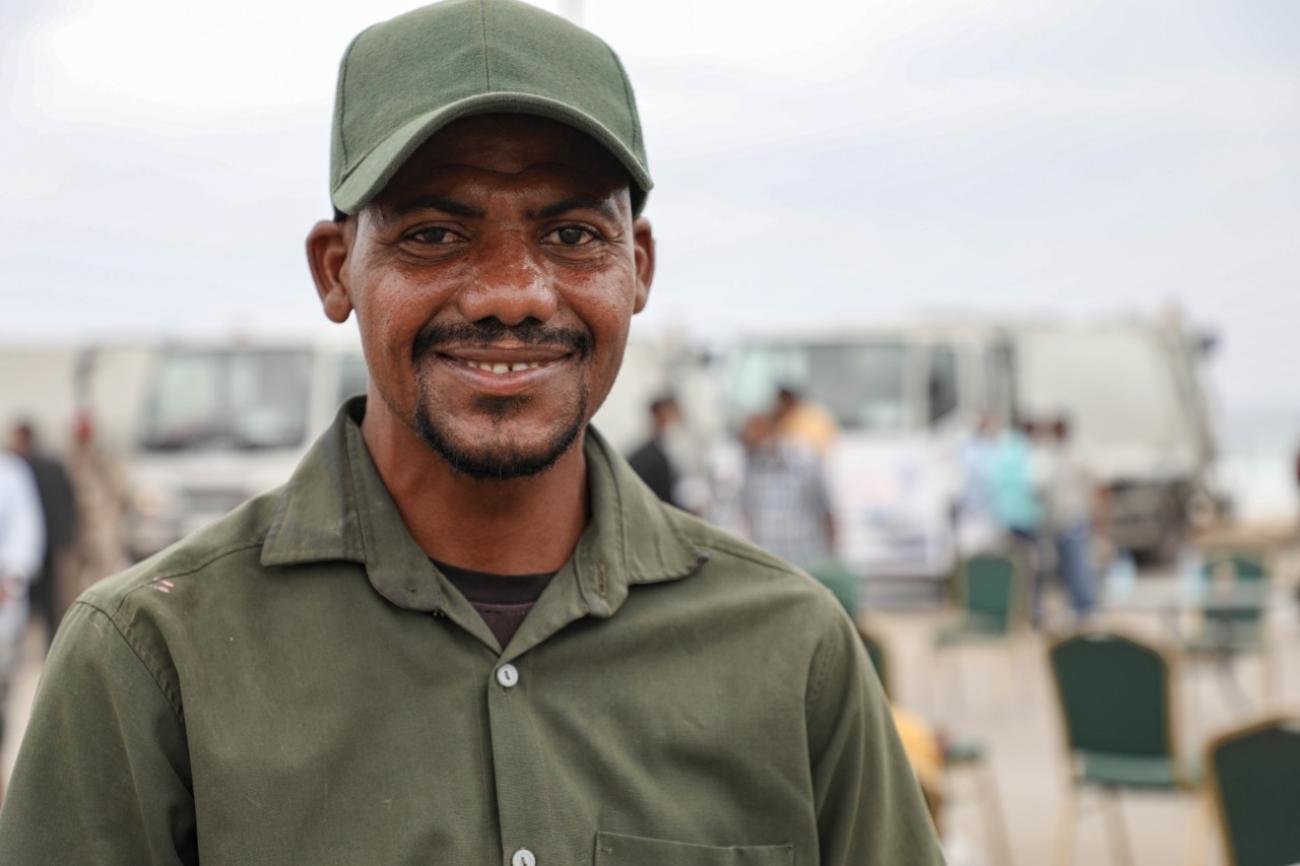
_____________
In Yemen, the on-going violent conflict has threatened lives and livelihoods in more ways than one. But even in the quiet days, a lack of resources for water and sanitation institutions threatens to create widespread dengue, malaria, typhoid disease epidemics.
UNDP’s Crisis Support for Solid Waste, Water Supply and Sewage Institutions in Aden and Mukalla Cities Project aims to help the water and cleaning management institutions to improve the delivery of essential services, scale up their efficiency and fight off avoidable diseases.
The relative stability experienced in Aden Governorate and the city of Mukalla in Hadramout has attracted tens of thousands of internally displaced people (IDPs). But the influx of people has increased pressure on already struggling and stretched institutions, particularly the Cleaning and Improvement Funds and the Water Corporations. Unable to fully fulfill their intended roles, the institutions make do with aged equipment, limited supplies, and a lack of technical capacity. However, with increased trash in the streets and decreased access to clean water, the city streets in Aden and Mukalla had become less safe, and the risk of disease and injury more probable.
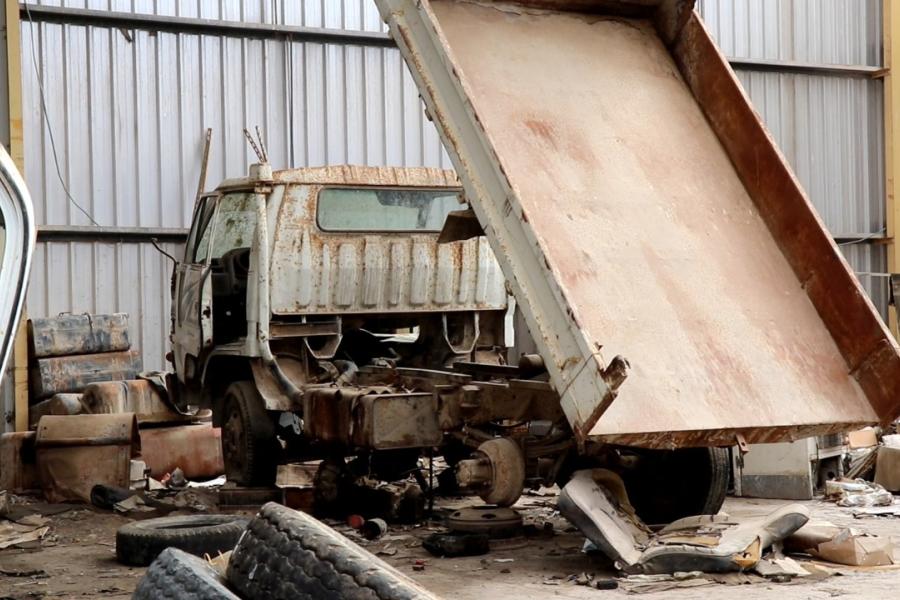
In 2019, the UNDP’s Assessing the Impact of War in Yemen on Achieving the Sustainable Development Goals highlighted the grave developmental loses amassed by Yemen’s conflict, with more than two decades of development reversed in infrastructure, institutional and technical capacities. This included the destruction or degradation of formal institutions like the Cleaning Funds and Water Corporations in Aden and Mukalla. So the Government of Japan and the United Nations Development Programme (UNDP) have stepped in to preserve, restore, and build critical infrastructure and support vital government and public institutions in these areas.
Through the Crisis Support for Solid Waste, Water Supply and Sewage Institutions project, the populations of the major port cities will benefit from better access to drinking water and solid waste management with the delivery of drinking water pumps, sewer water pumps, garbage trucks and better staff knowledge and skills.
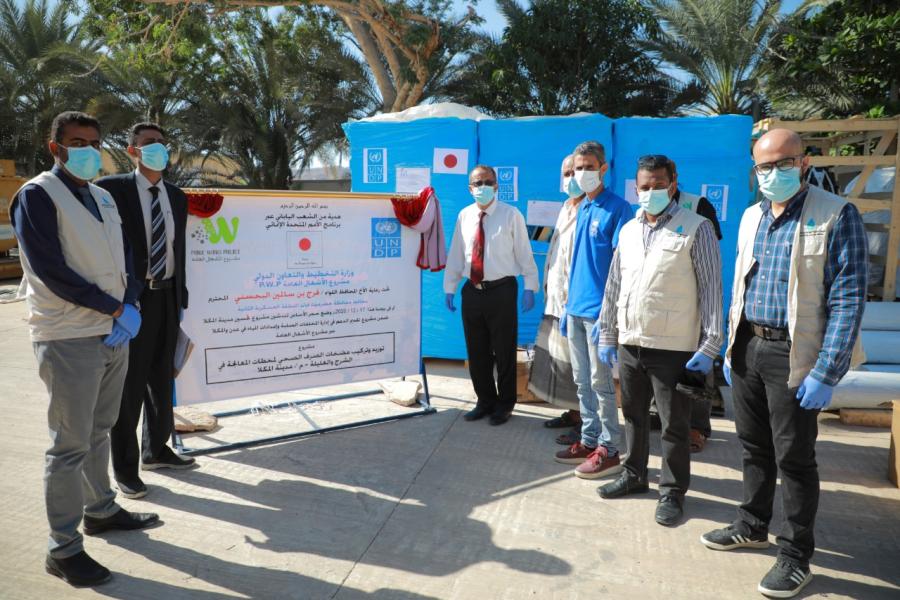
Through this project, UNDP provided the two cities with 25 new garbage trucks and are working to fix and re-operationalize 25 existing trucks to enable both cities to have a 25 truck fully functioning fleet. In addition, 50 garbage containers, office furniture, ICT equipment, 11 submersible electric pumps and accessories, 12 engines and cables to run bore holes, and many other critically required items were provided.
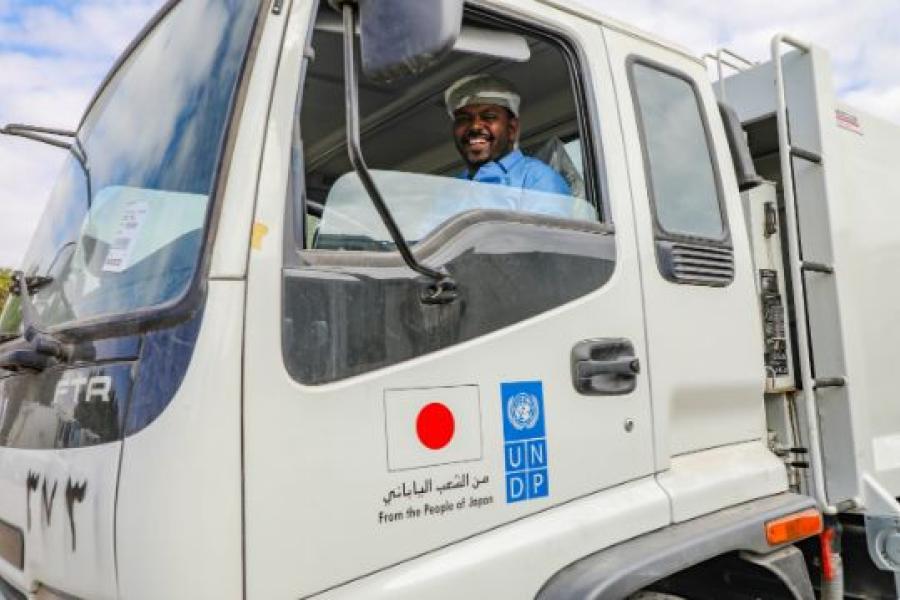
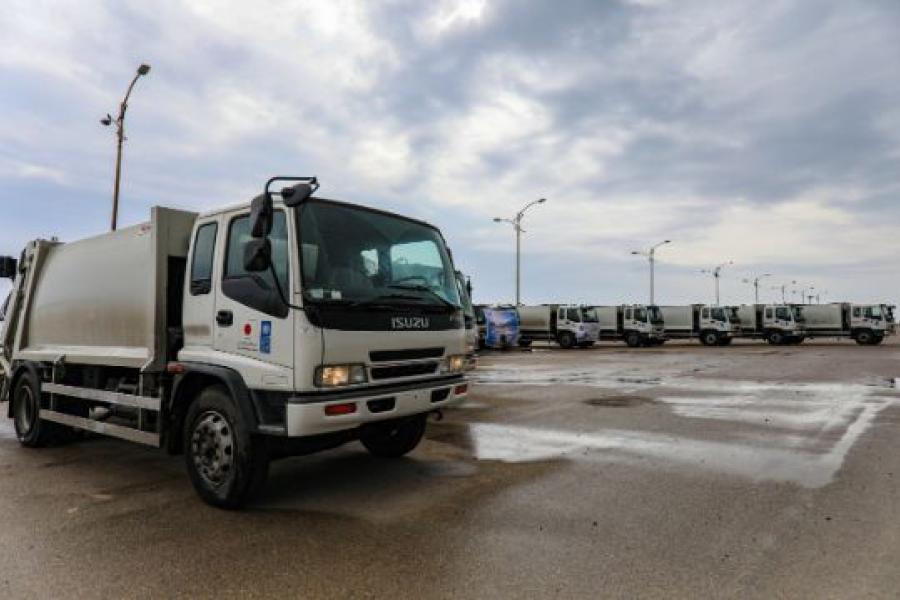
Local experts have also provided tailored capacity building programmes to enhance the efficiency of local service providers and save them the costs required for third-party maintenance. This will ensure the longevity of new waste collection fleets by encouraging in-house preventive maintenance using new workshop equipment.
Management and administration training will also help these local institutions to develop clear plans for reform and revision of services. This includes tariff collection to ensure sustainable revenue, and the development of clear job descriptions and new Human Resources rules and systems that will encourage staff to remain motivated and succeed together.
When coupled with better fleet management – including Geographic Information Systems (GIS) and devices to keep records, locate and better manage assets – the local cleaning funds stand in a much stronger position to keep their community’s streets safe and clean.
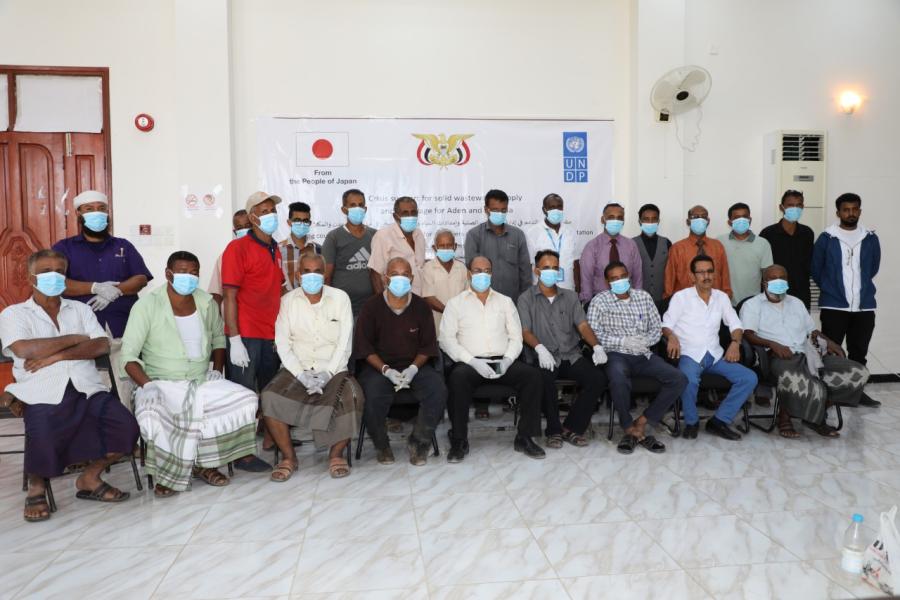
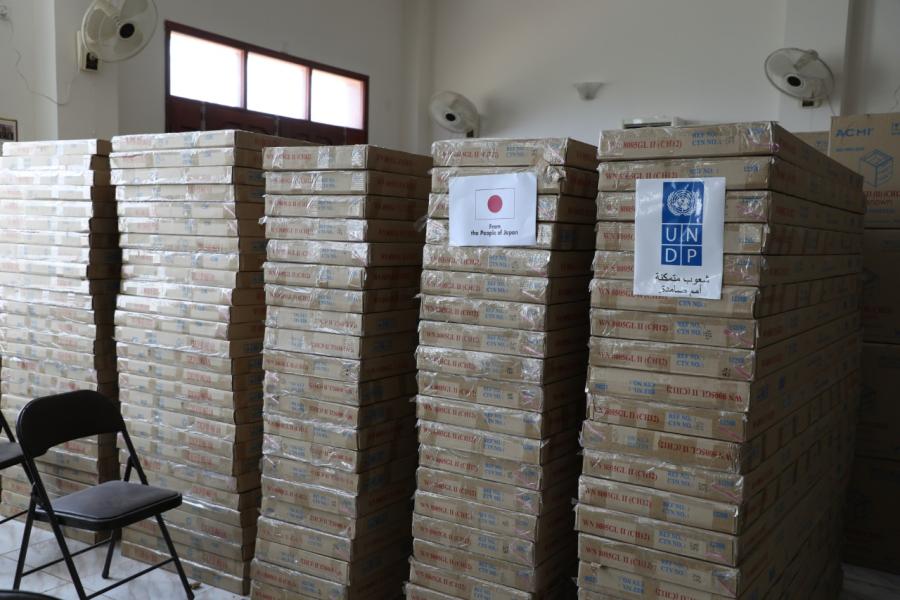
The project also critically engages the community, educating them on the collaborative nature of waste management – starting from the bottom-up. To achieve this, the project worked with local authorities to establish committees made up of community leaders and social figures, and trained them on how to communicate the community’s responsibility to keep streets clean.
Japan has long been dedicated to supporting Yemen’s Water, Sanitation and Hygiene (WASH) sector with support dating back several decades. The Cleaning Fund in Aden is still using machinery and vehicles provided by Japan in the 1990s and the Al Mansoura pumping station is using the 1980’s era sewer pumps provided by Japan, which will be fixed in this project.
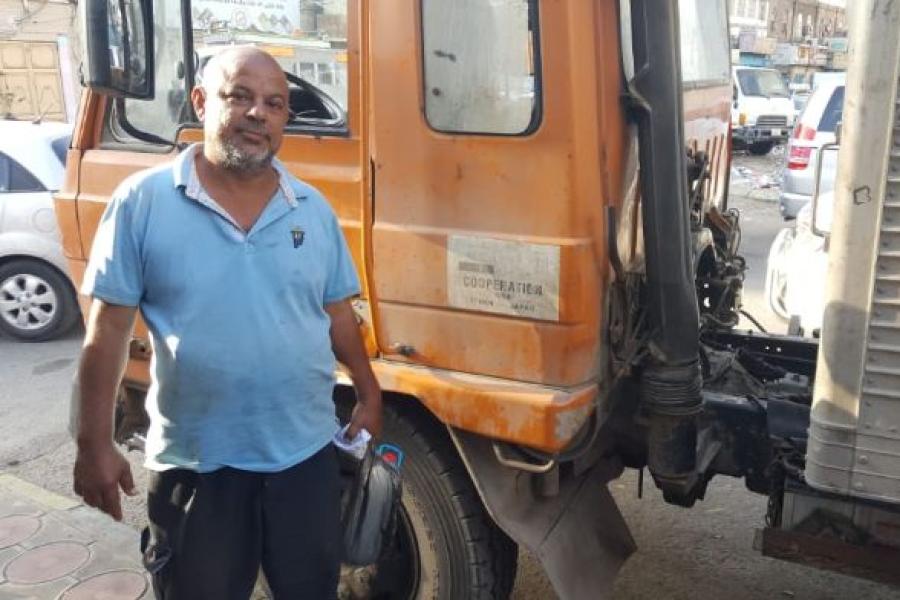
UNDP’s Crisis Support for Solid Waste, Water Supply and Sewage Institutions in Aden and Mukalla Cities Project focuses on local capacity building and the rehabilitation of infrastructure to reduce water-related diseases; contribute to a stronger economy by increasing productivity; and, contribute to stability by allowing communities to enjoy the benefits of peace. Support includes the rehabilitation of facilities, maintenance of vehicles, replacement of malfunctioning sewerage pumps, provision of essential office furniture, training of staff and development of financial plans.






